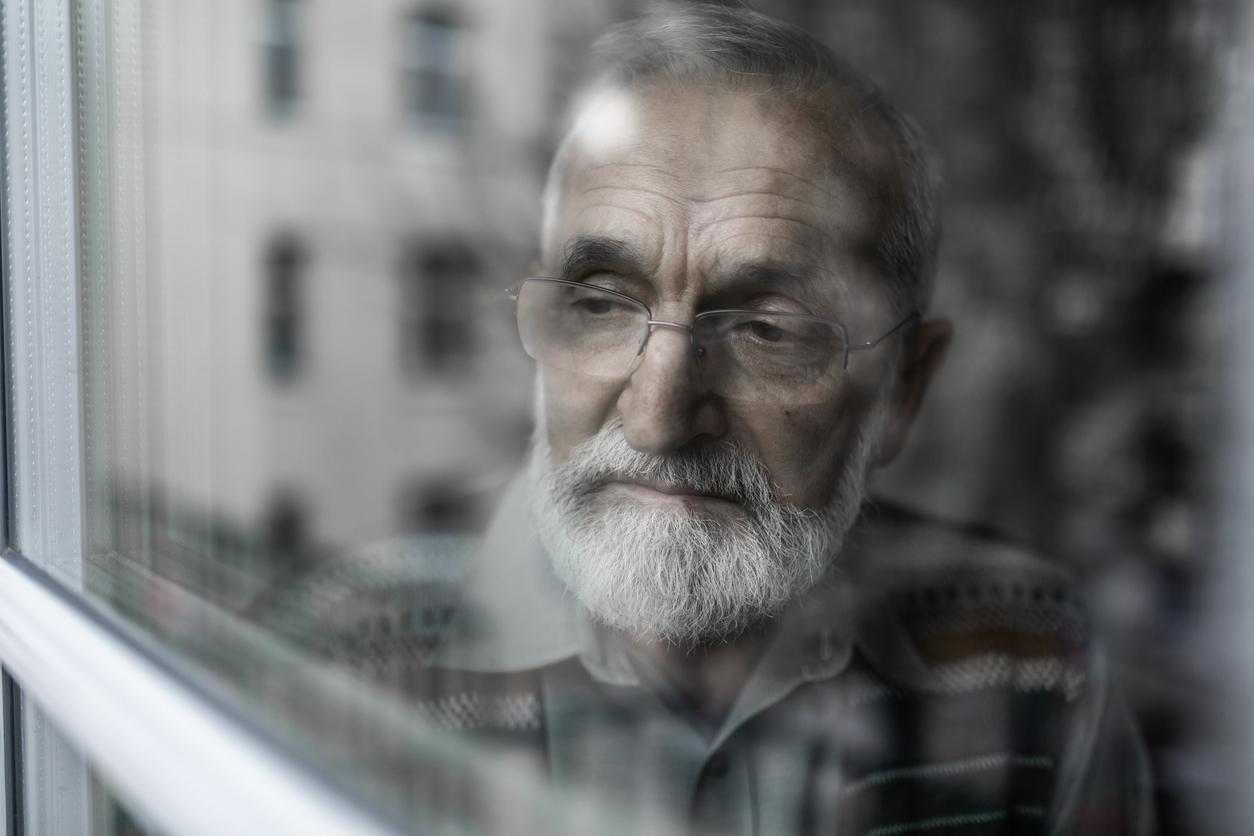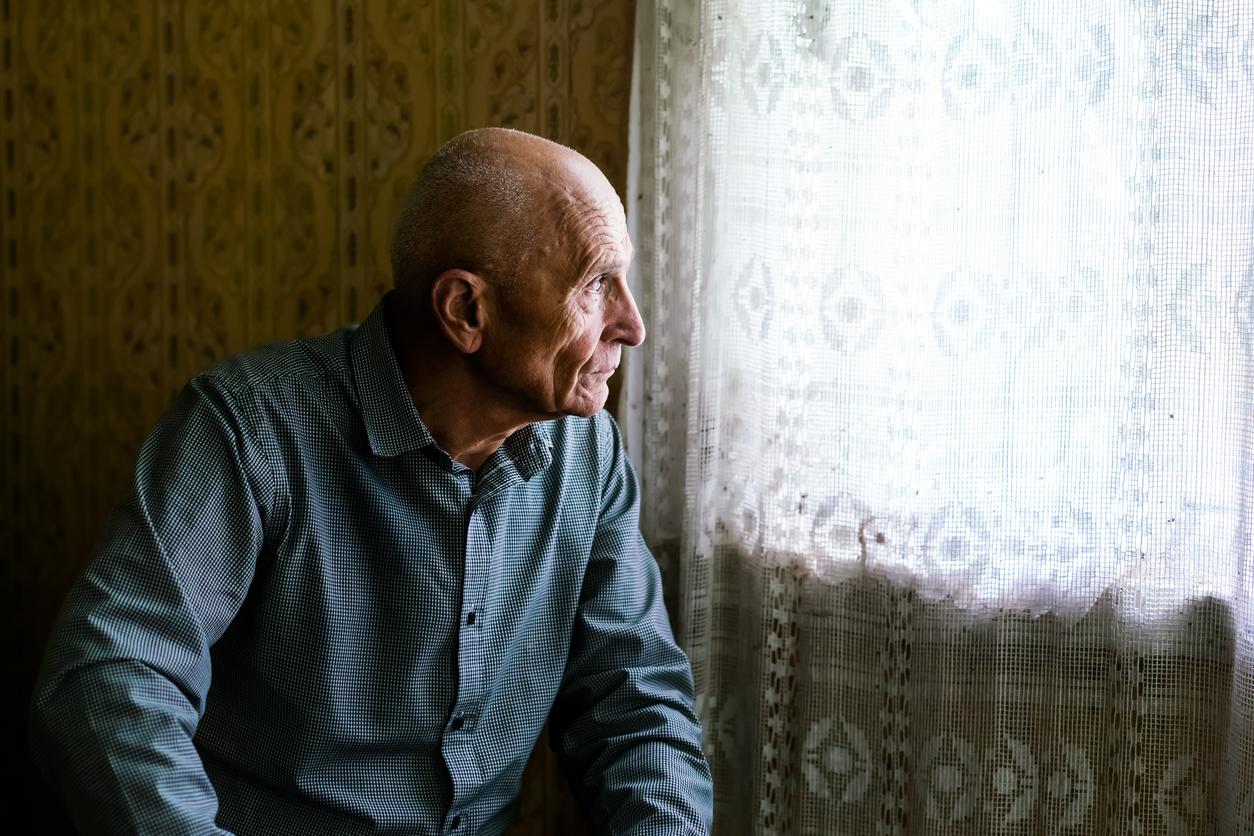It is difficult to measure the level of loneliness felt by individuals, as the subject is often taboo.

Loneliness affects both mental and physical health. For doctors, it is difficult to detect when it becomes dangerous. The people concerned must be able to express their difficulties. In The American Journal of Geriatric PsychiatryAmerican scientists show that it is possible to exceed this limit: thanks to artificial intelligence, they have succeeded in determining the level of loneliness of the elderly.
Often biased studies
“Most studies use either questionnaires asking ‘how often do you feel lonely?’, which may give biased answers because of the stigma associated with loneliness, or the UCLA Loneliness Scale, but does not directly use the term ‘lonely’”, says Ellen Lee, lead author of the study and assistant professor of psychiatry at UC San Diego School of Medicine. This scale is derived from a questionnaire: the respondent must indicate the frequency of appearance of certain feelings, such as “I have no friends” or “There is no one I can turn to.” ranking them from never to often.
Women feel lonelier than men
For this research, Ellen Lee’s team recruited 80 people aged 66 to 94, who lived alone. They answered the questionnaire of the UCLA scale, then were interviewed by a researcher. In this second part of the experiment, the conversation was less structured, and the exchanges were analyzed by a tool capable of processing natural language, that is to say analyzing the sentences semantically. This allowed researchers to understand “how subtle aspects of speech can indicate loneliness, such as emotions”. They found that people who felt lonely gave longer answers than others, and felt more sadness when the notion of loneliness was mentioned. Women were more likely to report feeling lonely compared to men. According to the research team, artificial intelligence determines the feeling of loneliness with a reliability of 94%.
One in 10 French people is affected
A 2016 study indicates that 5 million people suffer from loneliness in France. Often, the neighborhood is their main mode of socialization, ahead of family, friends and work. The most concerned are the 39-69 year olds, people over 70 had not been questioned in this research, carried out online.
.

















